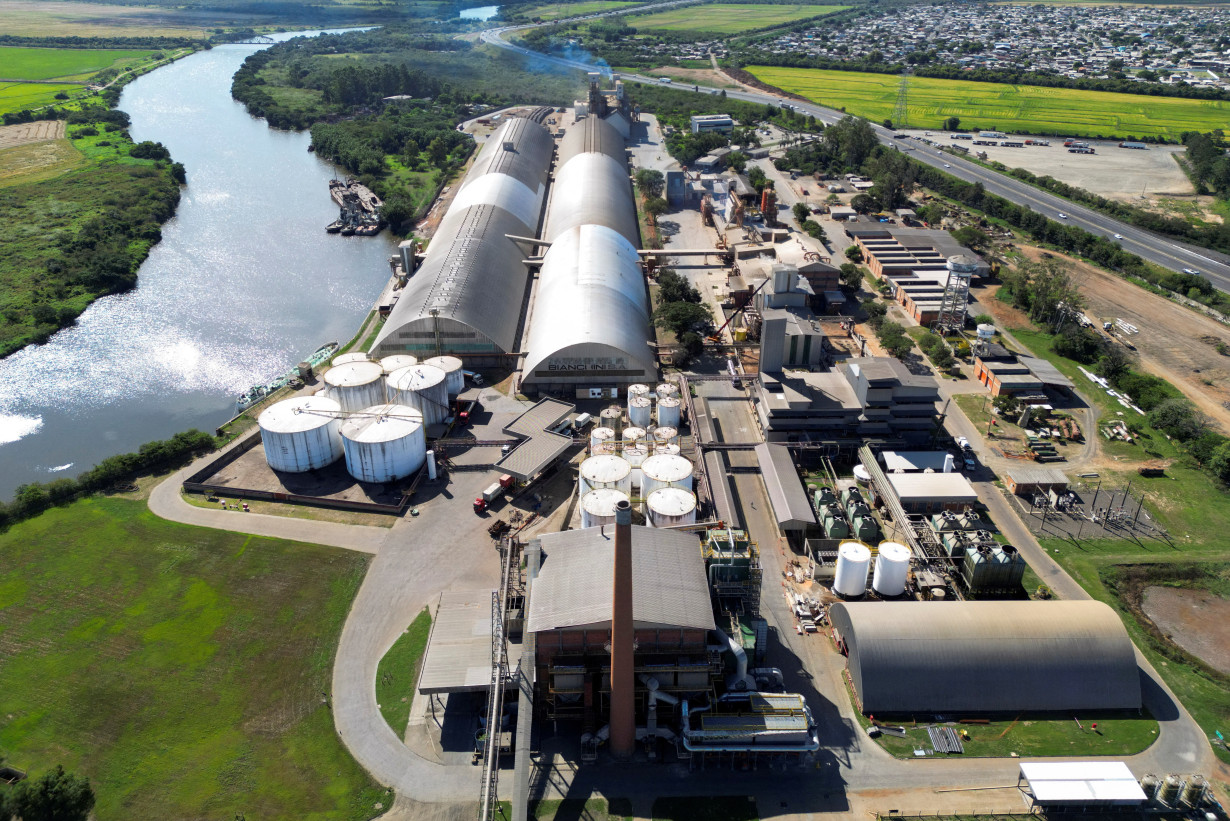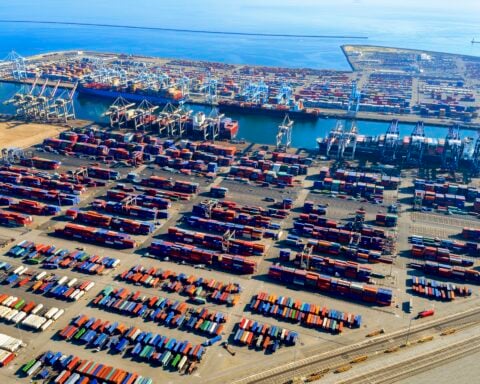By Oliver Griffin
SAO PAULO (Reuters) - Declining vegetable oil prices are clearing the way for Brazil to increase its mandatory biodiesel blend into diesel to 15%, up from 14%, Daniel Amaral, the director of economics and regulatory affairs at oilseed industry group Abiove, said on Monday.
Brazil's national energy council decided in February to hold the blend at 14% amid fears the proposed increase could push up food prices, negatively hitting President Luiz Inacio Lula da Silva's declining approval ratings.
In the second half of last year, vegetable oil prices were rising, as the government tried to tackle inflation, which stood at 5.48% for the 12 months through March. The central bank's target is 3%.
Now prices are falling again, Amaral said, amid recovering supply and demand conditions for vegetable oils. That decrease in vegetable oil prices means it is now up to the government to move forward with its plans to increase the mandatory biodiesel blend to 15%, he added.
"The conditions are already in place for this, the industry has capacity, we are increasing crushing, all of this is already in place," Amaral said on the sidelines of an Abiove event in Sao Paulo. "The decision now depends on the government and we hope it happens as quickly as possible."
The Ministry of Mines and Energy did not immediately respond to a request for comment outside normal office hours.
Abiove has always argued that increasing demand for biodiesel would not affect prices for consumers, Amaral said. That is because the increase in vegetable oil prices earlier this year was principally due to the effect of foreign exchange rates and problems with the palm harvest in Southeast Asia, he added.
"These were issues outside Brazil," he said.
Following the decision to hold the blend at 14%, agribusiness consultancy StoneX cut its forecast increase for biodiesel sales growth in half from 1.2 million cubic meters to 600,000 cubic meters.
(Reporting by Oliver Griffin; Editing by Rod Nickel)

 Trump has begun another trade war. Here's a timeline of how we got here
Trump has begun another trade war. Here's a timeline of how we got here
 Canada's leader laments lost friendship with US in town that sheltered stranded Americans after 9/11
Canada's leader laments lost friendship with US in town that sheltered stranded Americans after 9/11
 Chinese EV giant BYD's fourth-quarter profit leaps 73%
Chinese EV giant BYD's fourth-quarter profit leaps 73%
 You're an American in another land? Prepare to talk about the why and how of Trump 2.0
You're an American in another land? Prepare to talk about the why and how of Trump 2.0
 Chalk talk: Star power, top teams and No. 5 seeds headline the women's March Madness Sweet 16
Chalk talk: Star power, top teams and No. 5 seeds headline the women's March Madness Sweet 16
 Purdue returns to Sweet 16 with 76-62 win over McNeese in March Madness
Purdue returns to Sweet 16 with 76-62 win over McNeese in March Madness








